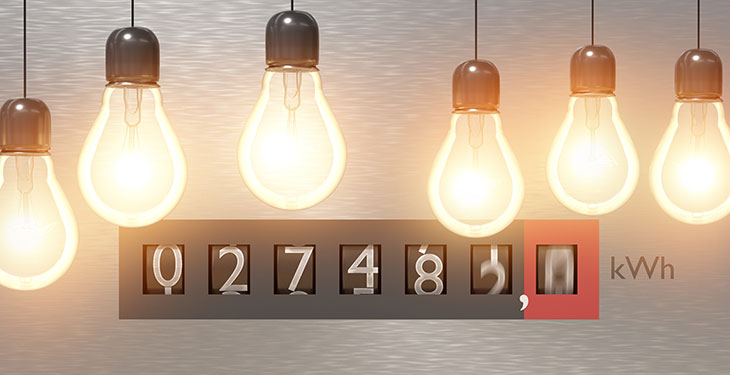The transition from capped prices set administratively to market prices cannot be done overnight, so the exit from capping schemes must not take place without an effective mechanism to protect vulnerable consumers, said Dana Dărăban, executive director of the Federation of Associations of Energy Utilities Companies (ACUE), according to Agerpres.
The reaction comes after the European Commission (EC) announced on Monday that it had decided not to extend energy support measures introduced last year to counter the impact of higher prices after Russia’s invasion of Ukraine sent oil and gas prices soaring.
The measures have contributed to calming the energy markets in Europe, the Community Executive informed.
“The protection of customers against market fluctuations induced by the energy crisis and the geopolitical context was essential, but we must also prepare for the return to normal market rules. Almost half of the final price of electricity represents the cost of purchasing the “goods”, and for natural gas the percentage rises to 60%. If the prices for the purchase of energy from the wholesale markets maintain this downward trend, we believe that there will be no need to cap the prices of final customers. However, the transition from the capped prices set administratively to those of the market cannot be created overnight,” explained Dana Dărăban.
In her opinion, the market must be prepared in time, and the legislative measures must be known and implemented so as not to generate unwanted syncope and to give customers and market operators time to adapt.
“At the same time, the exit from capping schemes must not take place without an effective mechanism to protect vulnerable consumers. The protection measures must be known, directed only to those who are in this situation and proportional to their needs,” added the ACUE representative.
In context, the Federation shows that it has constantly argued that the intervention measures must be temporary, adapted to the market context and oriented towards vulnerable customers.
According to the cited source, at least three elements are essential for the preparation of the transition to the return to the free market. One of these refers to an applied discussion with the responsible institutions, in the sense of defining and implementing an updated platform, which allows the real-time identification of people affected by energy poverty.
Another element aims at speedy recovery of delays in the settlement of sums owed to energy suppliers who have pre-financed the differences between the ceiling applied to customers and the real price. At the moment there are significant delays in settling the amounts. “Suppliers have significant unpaid arrears for the year 2022, although we have already reached June 2023. This situation creates a serious liquidity problem for market operators,” the cited source states.
Also, the programs to make consumption more efficient by eliminating energy waste must be continued and even accelerated.
